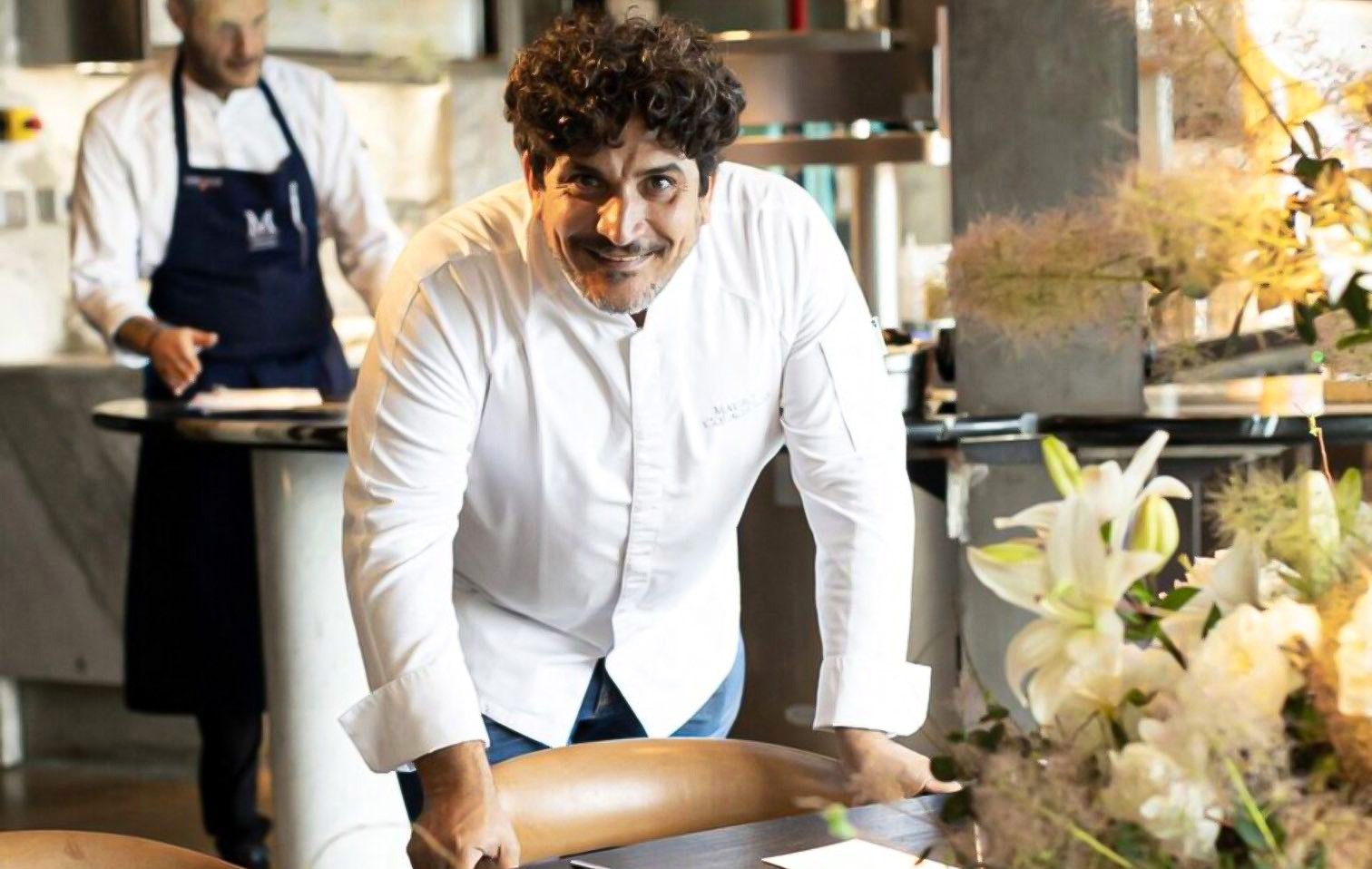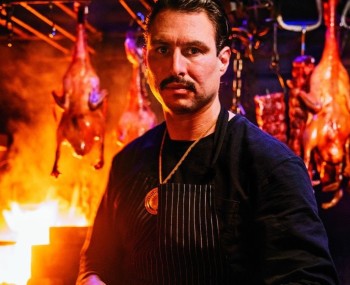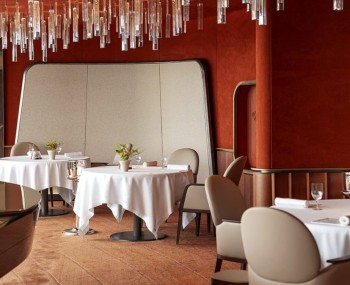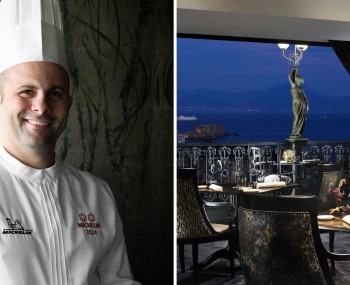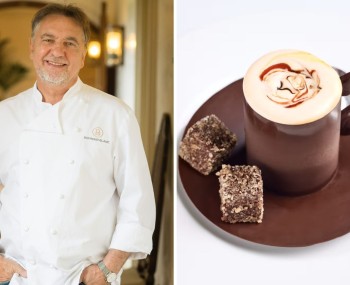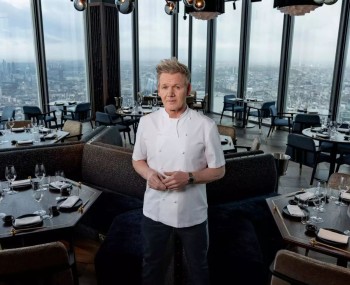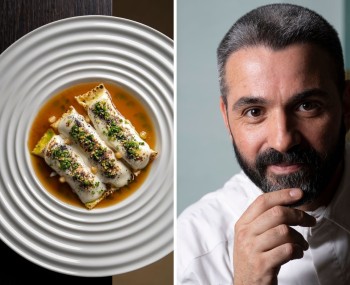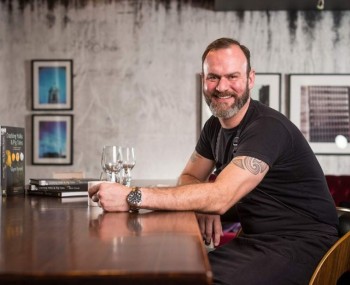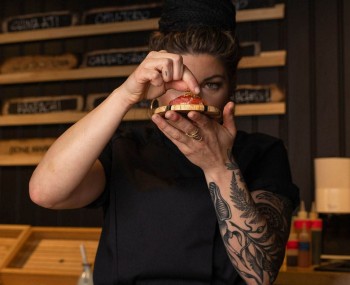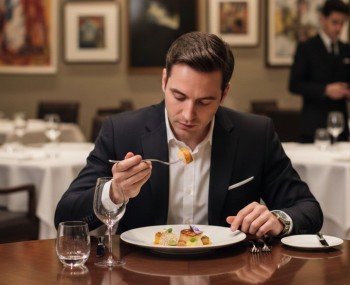Who could have imagined, if only a decade ago, that we would one day see an album of the elite of the hôtellerie and the restaurant industry committed on the front lines to protecting and developing each and every ecosystem? Today, the Relais&Chateaux circuit, engaged in five continents and more than 580 establishments, teaches that luxury can no longer be just a happy island.The review for the association's 70th birthday through the account of Mauro Colagreco, interviewed by Andrea Petrini.
Cover photo by Matteo Carassale
RELAIS & CHATEAUX
It seems like yesterday, but today is already the day after tomorrow. Having just blown the candle of their 70th birthday, Relais & Châteaux are raising the bar. Aiming for the long term, for need and ambition. Long gone are the baptismal days of 1954 when the guide brought together, along the French-speaking “Route du Bonheur,” eight country establishments on the edge of the National 7 linking Paris to the French Riviera. Familiar hotels and restaurants strictly by chef patrons only - preliminary pledge of dedication and quality. Since those bygone days, the guide has consolidated, by reach, an undisputed planetary influence. Focusing, through strict selection criteria, a whole art of hospitality and excellence at the table, the best that exists on the stratosphere of luxury for five continents and more than 580 establishments. And as many paths into the imaginary at the other end from itself. But in 2025, luxury is no longer, and can no longer be just a happy island. It is also a commitment, a solidarity project, a cultural mission open to the world.
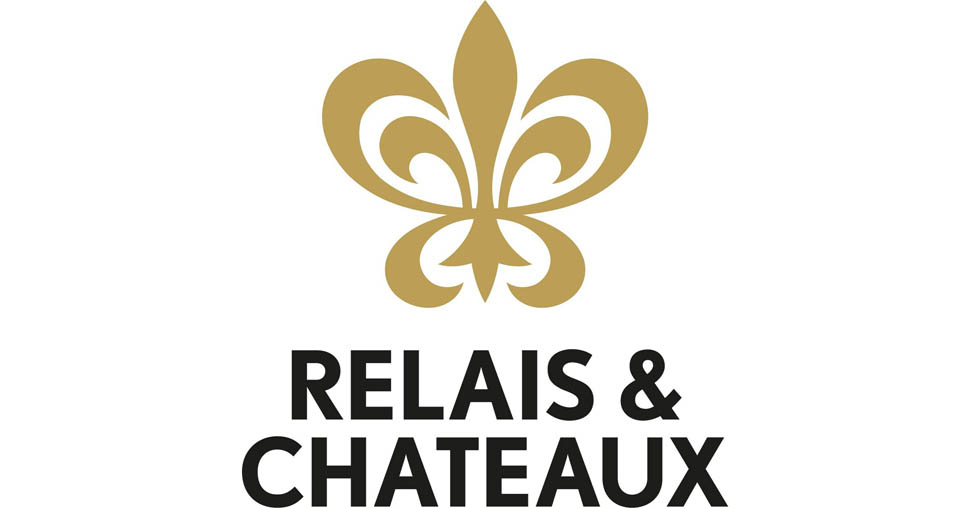
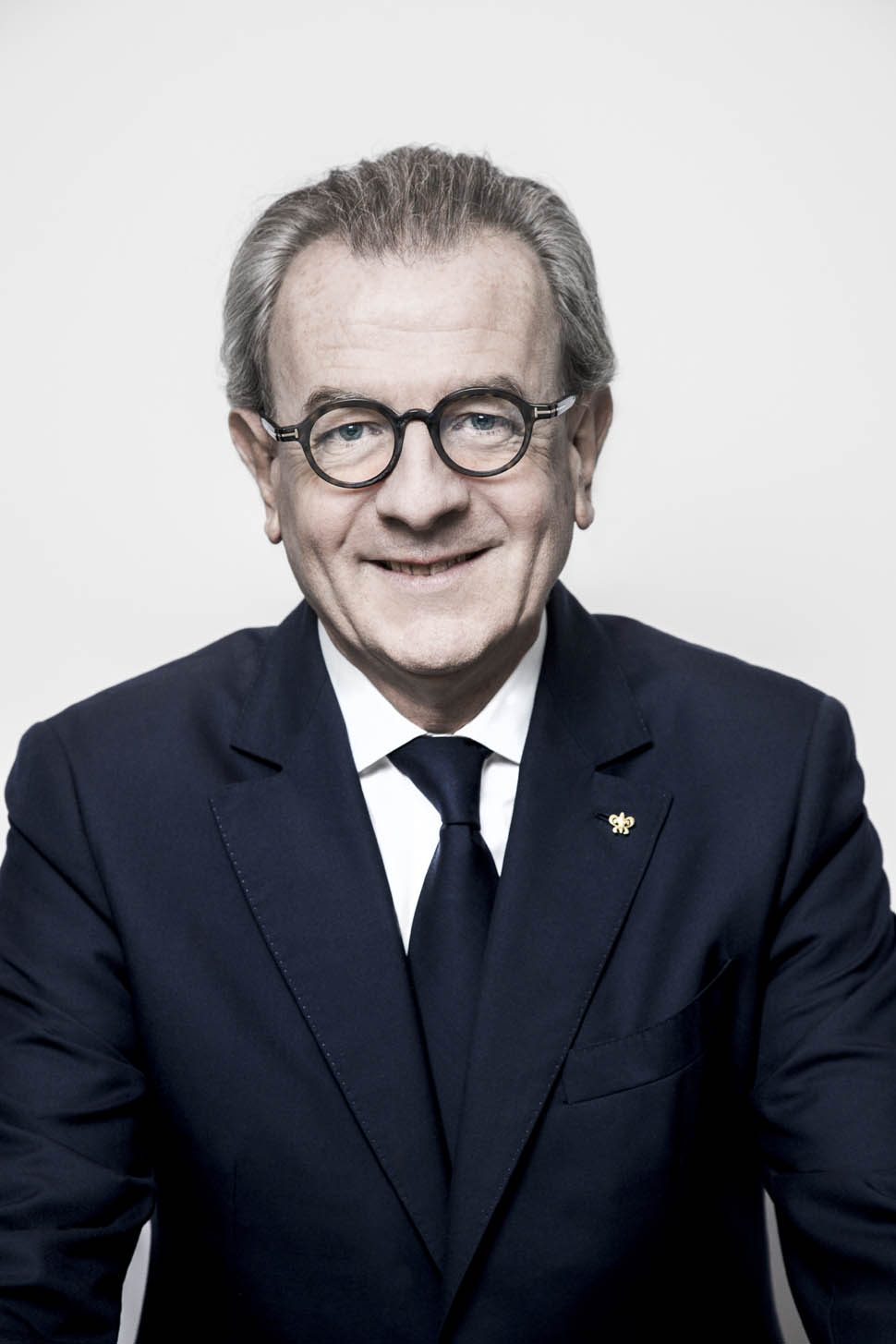
Back in the not too distant past, in 2010, the Relais & Châteaux, then under the impetus of privateer chef Olivier Roellinger in Cancale (Bretagne), had already taken the field to protect the marine environment. Launching a campaign for all affiliated restaurants to refrain from using endangered Mediterranean bluefin tuna. It was a stance that caused a sensation and even a school, introducing the unprecedented notion of environmental and social responsibility to the world of haute cuisine. Of which to take the reins of a saturnine movement, albeit not very pyramidal, that from the highest spheres found its proper reflection in the commitment of the younger generations.
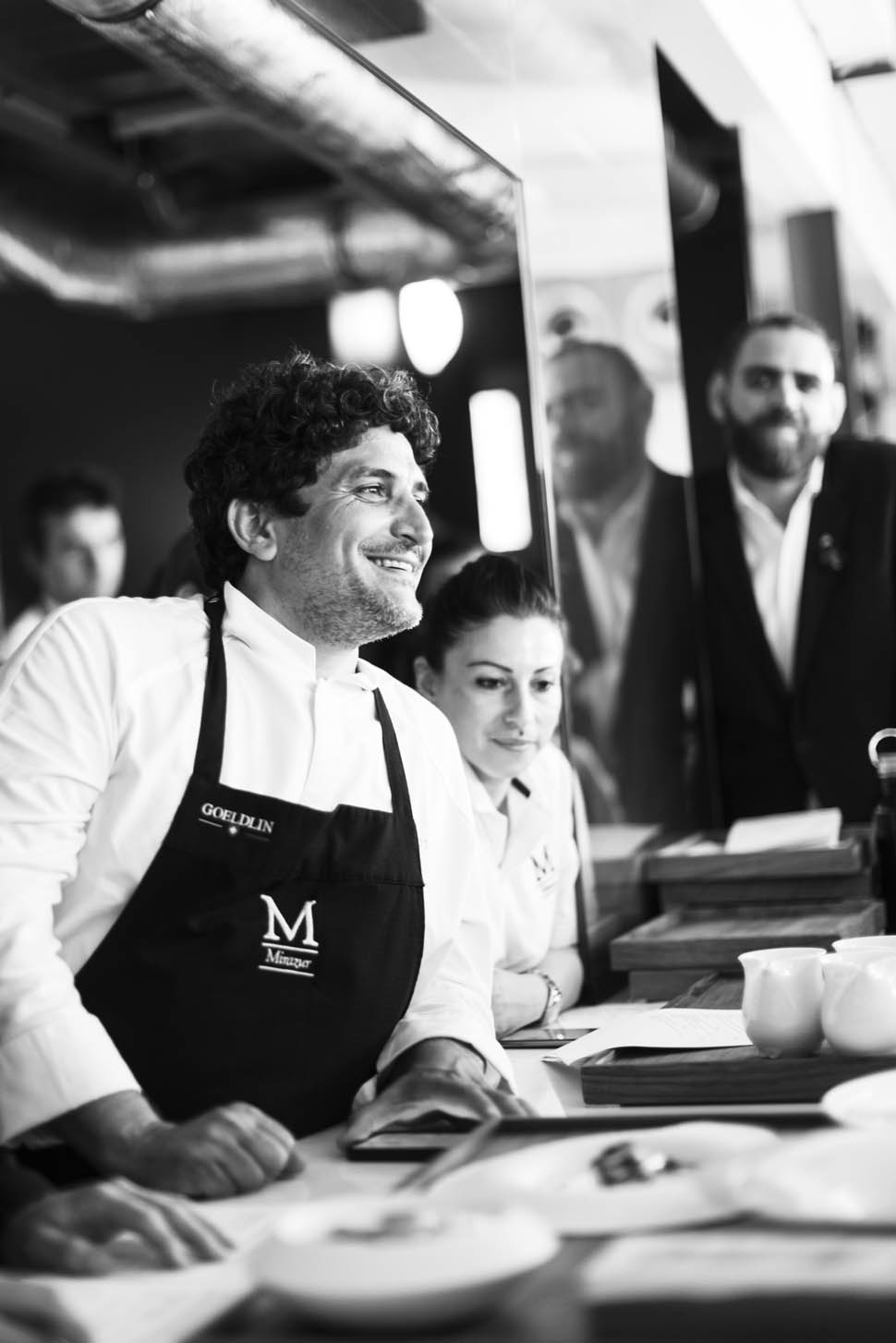
Who could have imagined, if only a decade ago, that we would one day see an album of the top names in hôtellerie -and in the restaurant business- commit themselves to the front lines of sustainable tourism, the protection and development of each and every ecosystem, and culinary traditions? All under the auspices of UNESCO for a long-standing collaboration to jointly address biodiversity decline, supporting regenerative cultures and marine ecosystems, encouraging farm animal welfare, and drastically reducing their carbon footprint. A set of best practices and environmental measures presented for a protocol voted unanimously at the association's last congress, held in plenary in Paris last November. Of which commit all members to the 2040 horizon disciplinary agreement to jointly address Global Warming.
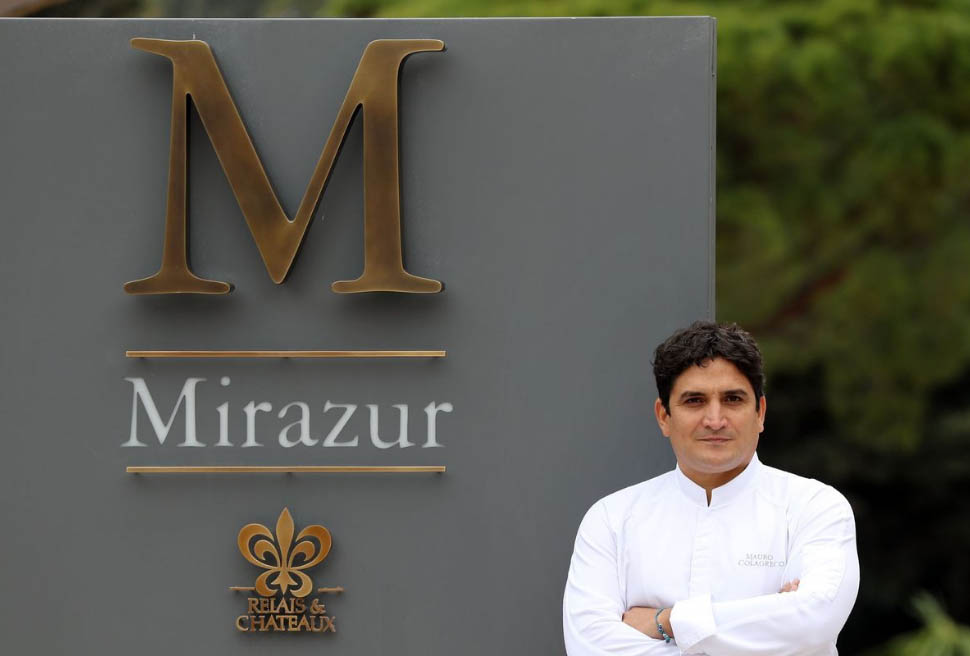
We discuss this with Mauro Colagreco, chef at Mirazur in Menton who needs no more introduction, as well as Emeritus Good Will ambassador to UNESCO for the promotion of biodiversity and militant vice president of the Relais & Châteaux.
In what year did you integrate Relais & Châteaux as a new member and how much has the association changed since then?
A lot. So much. I joined in 2012, just six years after Mirazur opened, a date that coincided with the arrival of the second Michelin star. At that time it was already the most prestigious hotel organization on the international scene even though it remained, despite its many international ramifications, let's say very French-centric, at least culturally. Today, with no less than fifty-seven countries represented, it is much more 360-degree, offering a sharper and more precise look at a contemporary conception of tourism and cuisine in the world. For me, the real change began with the voluntarism of Olivier Roellinger who pushed to put cuisine, in its most diverse facets, back at the center of the organization. Questioning the role of the cook at the dawn of the twenty-first century grappling with all the ecological imperatives and the necessary awareness of the role that cooking can play in changing the current balances. In particular, the preservation of biodiversity.
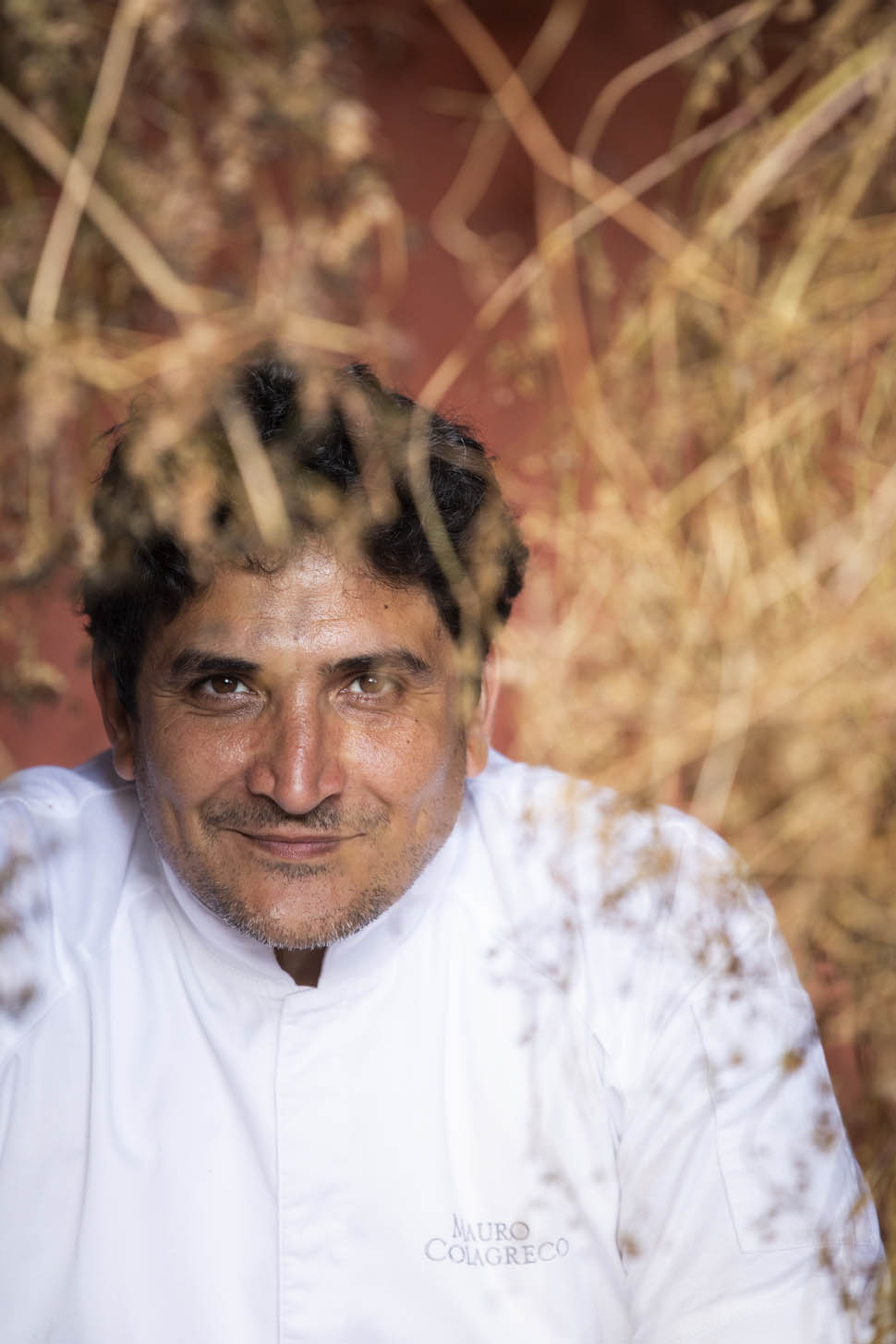
How do you become a member of Relais & Châteaux? And why did you decide to become one?
Because in 2012 ... they came to me. I was still a novice, the Mirazur was just beginning to be recognized. It flattered me and not a little, probably Roellinger saw in my plant-conscious marine cuisine a creative ethic shared by many others, more or less of the same generation, just think in France of Alexandre Gauthier at Grenouillère, Laurent Petit then at Clos des Sens in Annecy. Or Alexandre Couillon at Noirmoutier who just this year integrated our association. Traditionally, the restaurants that are solicited by us, in addition to meeting criteria of elegance, comfort and culinary savoir-faire, must possess at least two Michelin stars.
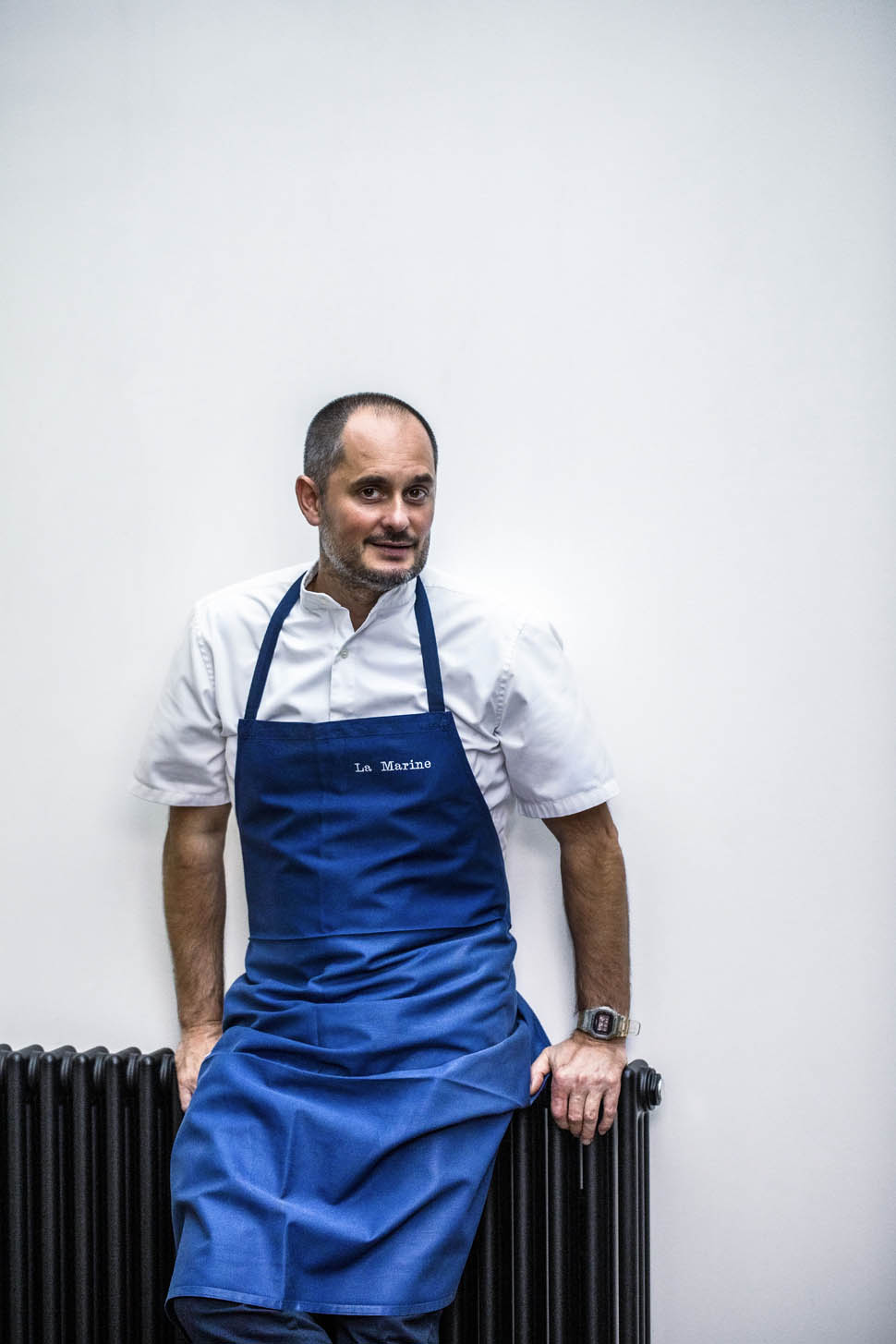
If it were up to me alone, and I am speaking in a strictly personal capacity, I would blow up this barrier. Even more than the stars, what matters to me is the role, the real driving force that a chef can exert in his territory by highlighting its treasures, its particularities, the stakes involved in safeguarding local producers while respecting nature. If I had to name two possible candidates, each a mirror of their own country and territory, who could bring some new blood to our group, it seems obvious to me to think of two colleagues whom I hold in high esteem, Ana Roš with her Hiša Franko in Kobarid, Slovenia, and Nicolaj Nørregaard, the chef of Kadeau in Copenhagen. But I could mention many other names (1).
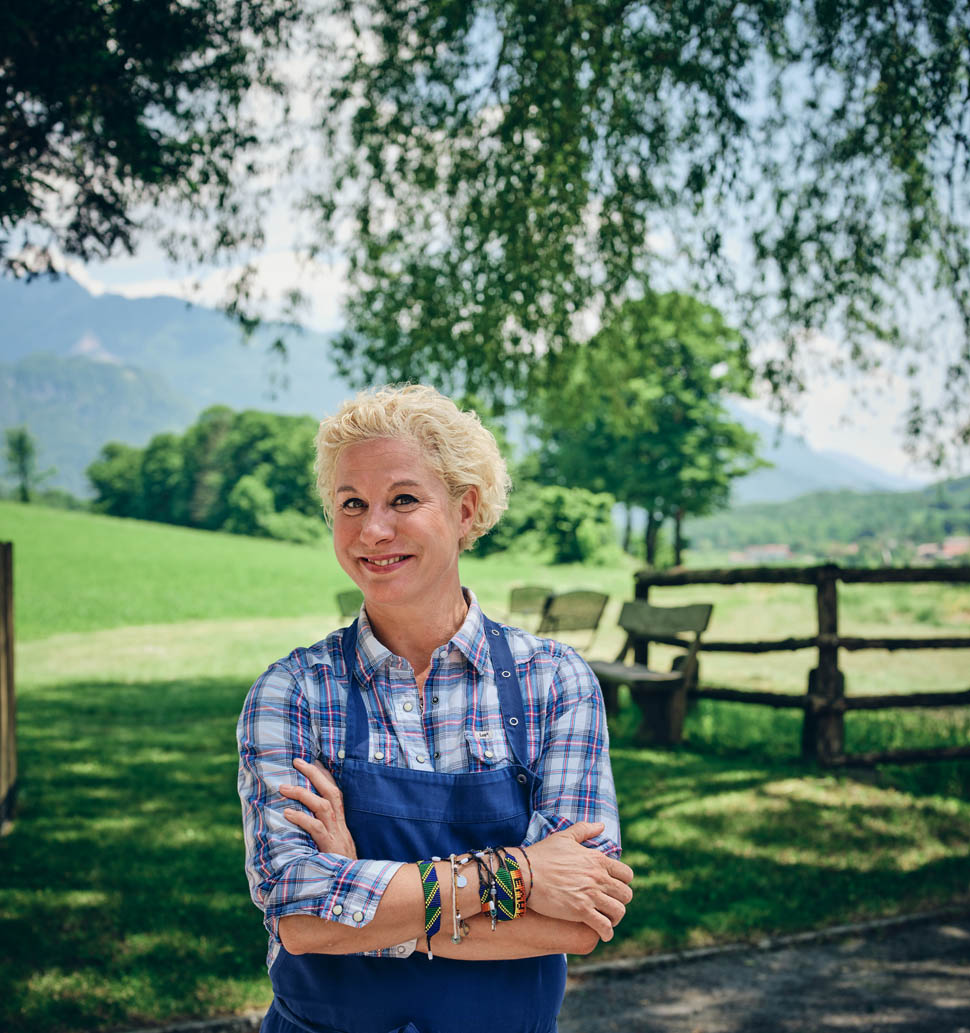
Among the various work sessions presented at the last congress was an official exhortation to jointly evolve toward menus as plant-based as possible.
Sure, but let's get this straight. I am from Argentina, from a country that is the largest consumer of meat in the world. I do not militate for the outright suppression of meat from our charters and menus. I also understand that the notion of “plant based” cuisine may seem too radical, at least at the present time. Let us not forget that going to eat in our establishments should be first and foremost a moment of pleasure, conviviality and sharing of flavors. Yet I am overwhelmingly convinced that progressively favoring the plant-based option not only corresponds to changes that already have free course in our society and are already accepted by many customers-we no longer eat as we did thirty years ago-but allows us to open up the field of creation even more. I am not saying stop meat but only the dominance of protein that can instead dialogue more fruitfully with vegetables, legumes and other nutrient forms. We appeal to common sense: if you have an establishment in the mountains, why bring in sole, mullet and lobster from distant ports when you can use fish from rivers and lakes from a shrewd network of local fishermen that you can help support financially?
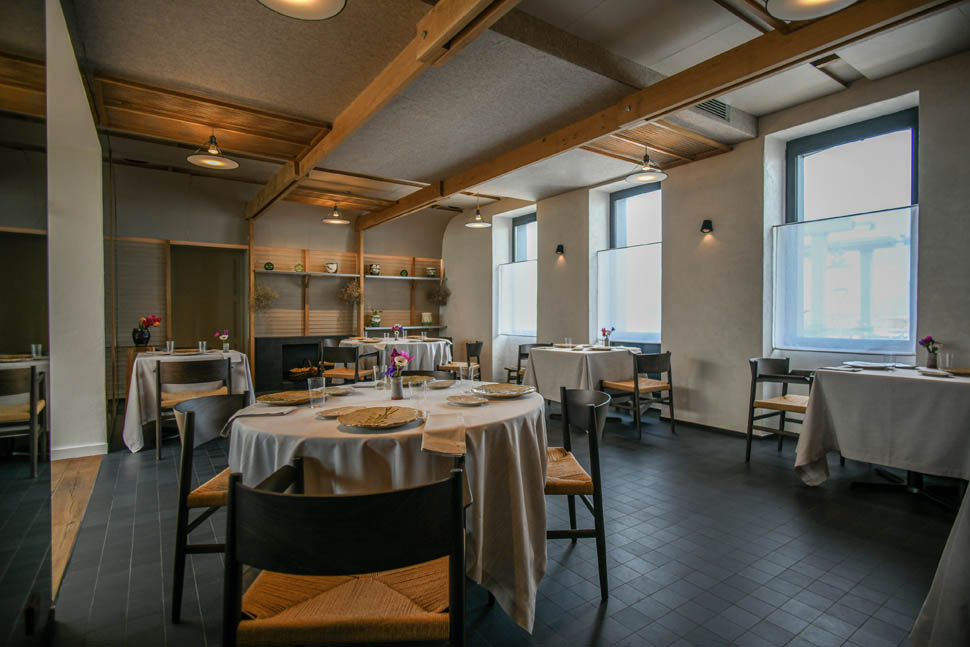
The day they come to disappear would be a huge loss to the cultural and economic diversity of our territories. If you are in Brittany and have access to the magnificent lambs of the Prés Salés, what is the point of importing lamb from New Zealand or Wagyu Beef from the other side of the world? The world of luxury has changed, it still has to change, and a lot, but it can already afford to be a light, a beacon, an example that others can follow. When I see that even in China, until recently a market not very sensitive to issues on sustainability and shrewd eating, a young chef like Gary Yin has made his King's Joy in Beijing an avant-garde, 100% vegetarian fine dining restaurant, a favorite with not only an international but also a local clientele, I say to myself that the room for maneuver is really big. So let's roll up our sleeves.
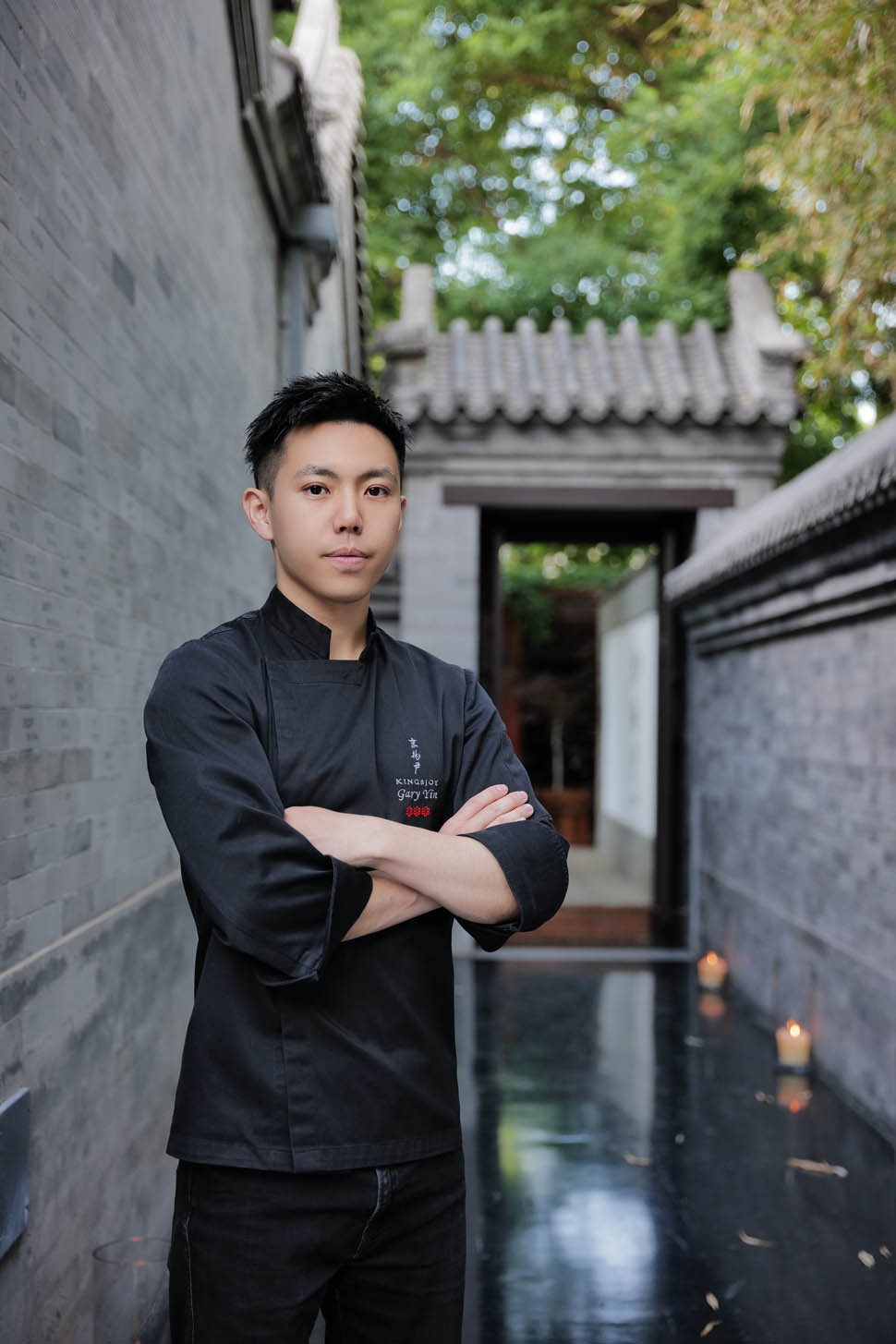
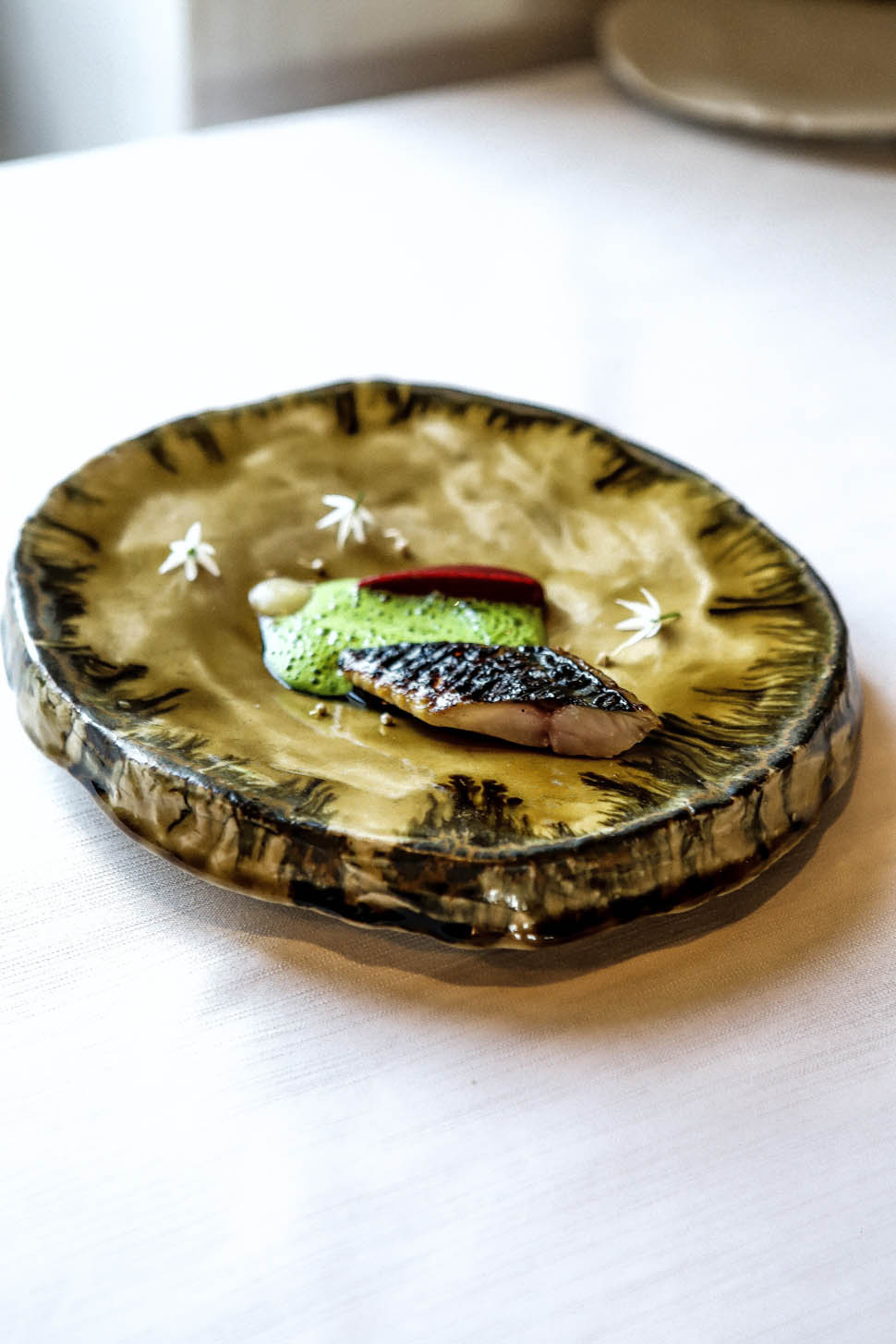
You mean you no longer see resistance in place against change?
Resistance is there, but it comes not so much from customers, if anything, from certain bangs of the guild. In 2010, we raised the alarm about endangered Mediterranean bluefin tuna. Today, the eel risks the same fate, which is why with the R&C we are pushing for a moratorium of at least a decade if we do not want to see it disappear from our culinary repertoire. What is ten years compared to this possible immeasurable loss? Well, our friend Pedro Subijana, the great three-star chef of Akelare who has been a prestigious member of our association for decades, has become the spokesperson for the initiative. Finding himself under the crossfire of violent criticism from so many members of the restaurant world not only from the Basque Country but a bit through all of Spain. Unbelievable but true.
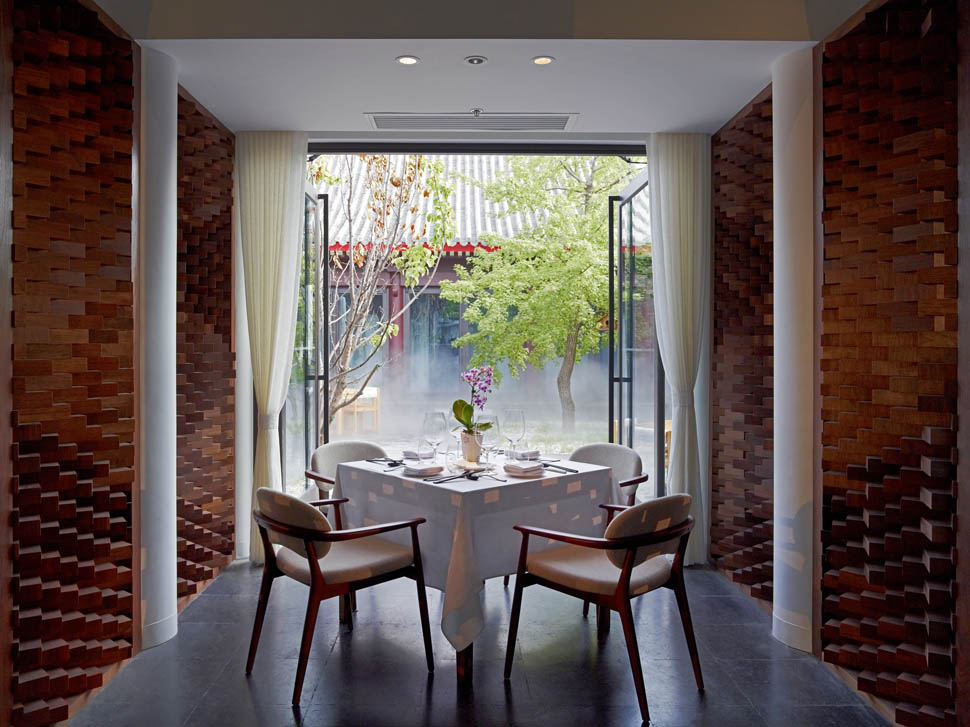
The way we eat has changed, all right - but what about the way we travel? How to counterbalance the carbon footprint produced by transcontinental tourism?
For this industry, too, the changes are fundamental, and they obviously involve Relais & Châteaux at the forefront. While aware of the impact of the carbon footprint, one cannot give up the pleasure of travel altogether, but one does so in a more conscious way. The demands, the expectations are getting higher and higher. Traveling yes, possibly even less, but choosing more and more wisely. Our best clients want something more, a vision, a singularity that is never forced, an established narrative line. Having the certainty of a high reception standing in this day and age is no longer enough. We want, and here I also speak on behalf of our president Laurent Gardinier, totally invested in defining our approach to the future, that the public also privileges our establishments for the transparency manifested about our commitment to the ecological cause. But that is not all. Today we have to go beyond the old models, to think about the many different needs, not only those traveling as a couple or family, with or without children, with dogs or even alone, personalizing the offer as much as possible for each one. Travel, a stay in our sublime locations off the beaten track, more than a mere vacation of a few days must offer the possibility of becoming a full immersion, a true cultural experience.
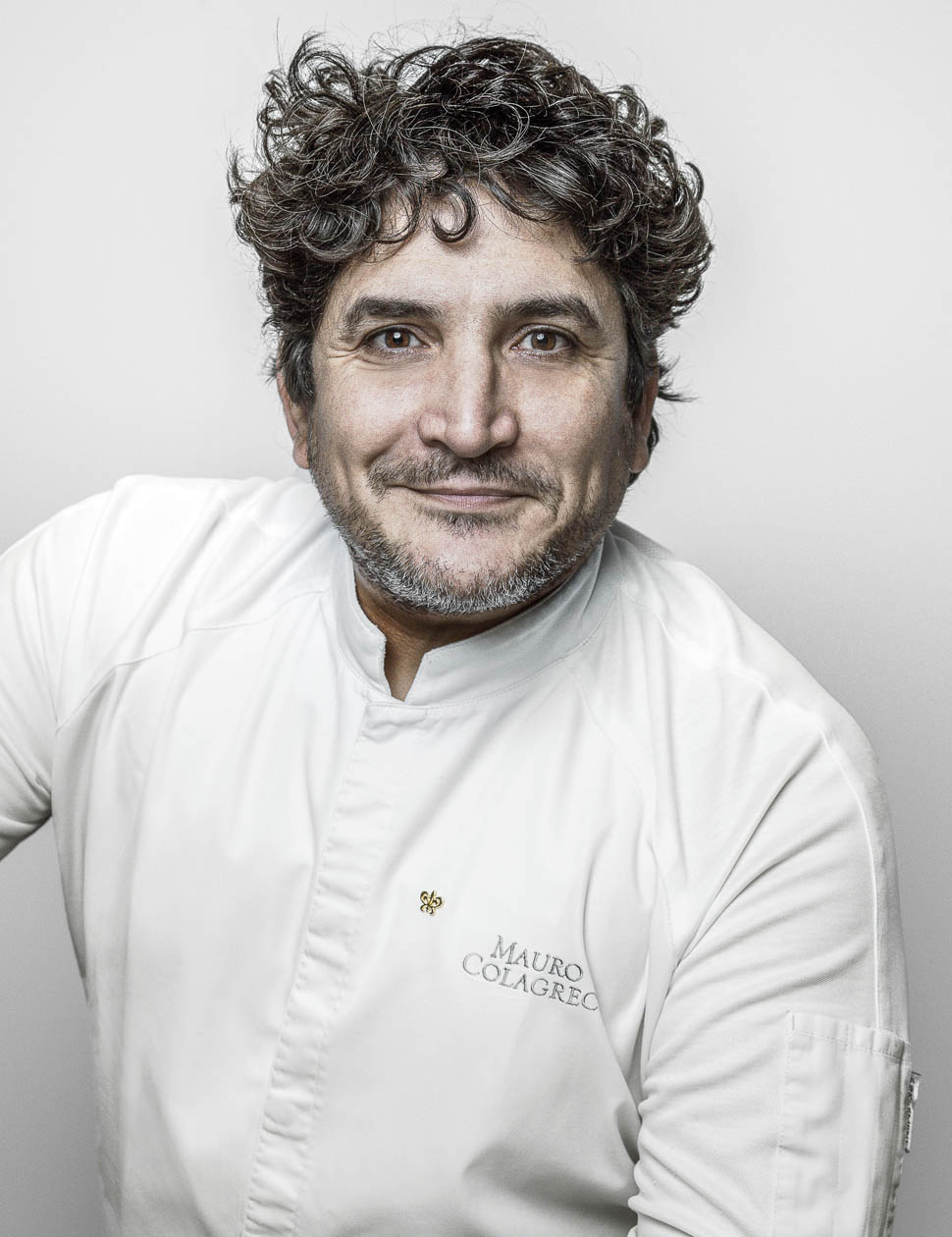
This is also why what for years was commonly called the Relais & Châteaux guide has become a Travel Book, an annual publication with high-level reports and investigations written by big names in international journalism. Where the stakes are not so much, or no longer just, highlighting the attractiveness of our establishments as the holistic dimension of the R&C experience. We give you an account of the many initiatives undertaken, I think of the partnership with Unesco with whom we have a major reforestation project. I cannot announce now in detail all the measures, they will be revealed little by little. With our Sustainability Commitment to which all members have signed up we work on the medium and long term. Let me give an example: we all commit ourselves, to the respect of biodiversity on all five continents, by supporting selected local producers within a maximum of two hours of our factories, whose strictly organic culture production we commit ourselves to purchase regularly, throughout the year or according to seasonality. This is not "bla bla bla"; instead, these are concrete, empirically verifiable measures. That can produce big changes. Tourism will evolve and will not stop changing driven by so many converging needs: with the arrival of new establishments, from North America to Egypt via Asia, Africa, the Caribbean, but also the Himalayas, Tel Aviv, Transylvania or even a private island in Botswana, a unique UNESCO World Heritage site, we enrich the diversity of our proposal.
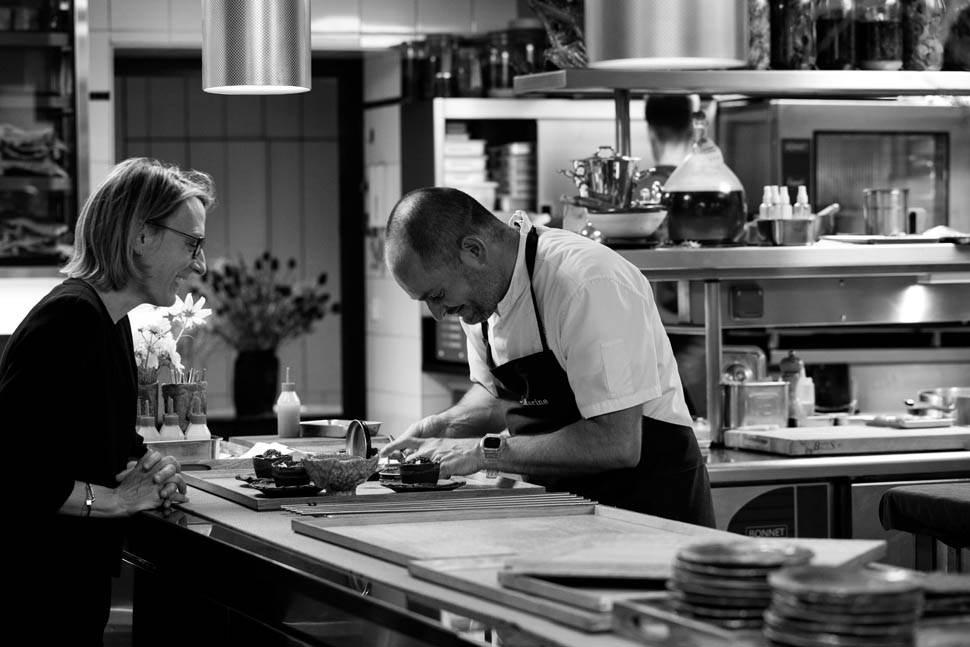
And, while within the constraints of very high-end hotels and restaurants that, for cost reasons, unfortunately cannot be accessible to everyone, we want to strive to be as inclusive as possible. In every sense of the word. At the congress in Paris, during the packed day of debate and reflection, we tackled issues that are not very usual, and to which we must be the first and best to respond, such as the boom in stays for single-parent or LGBT families. Gay tourism, something unthought or unthinkable to us just a few years ago. But one that we must all take into account today. To accompany the just and profound change in our world. There is no going back.
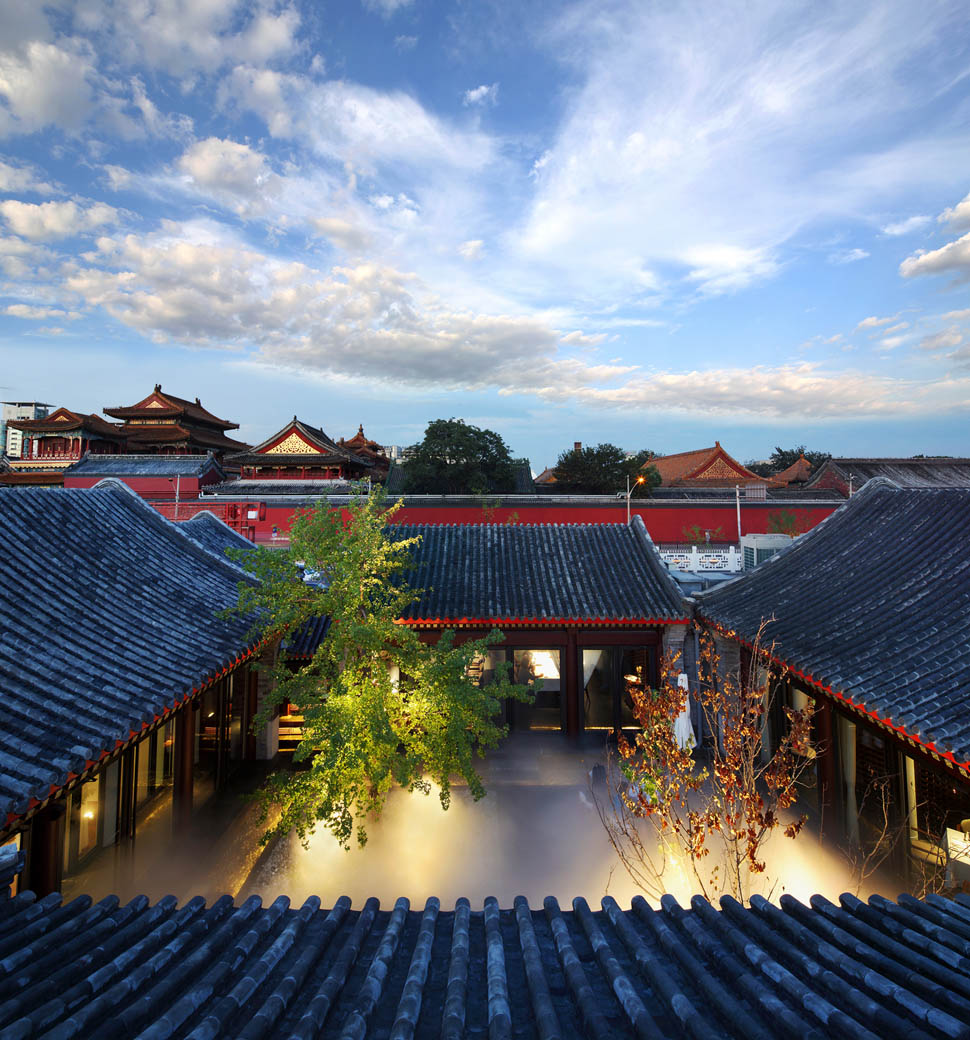
- May the reader also graciously suggest the Flemish chef Willem Hiele with his restaurant with rooms near Ostende, at the forefront in Belgium of a vegetal-conscious marine cuisine and initiator of a wild reforestation project in the countryside on the edge of Oudenburg for a botanical nature reserve open to the public. Better references are hard to find.....
